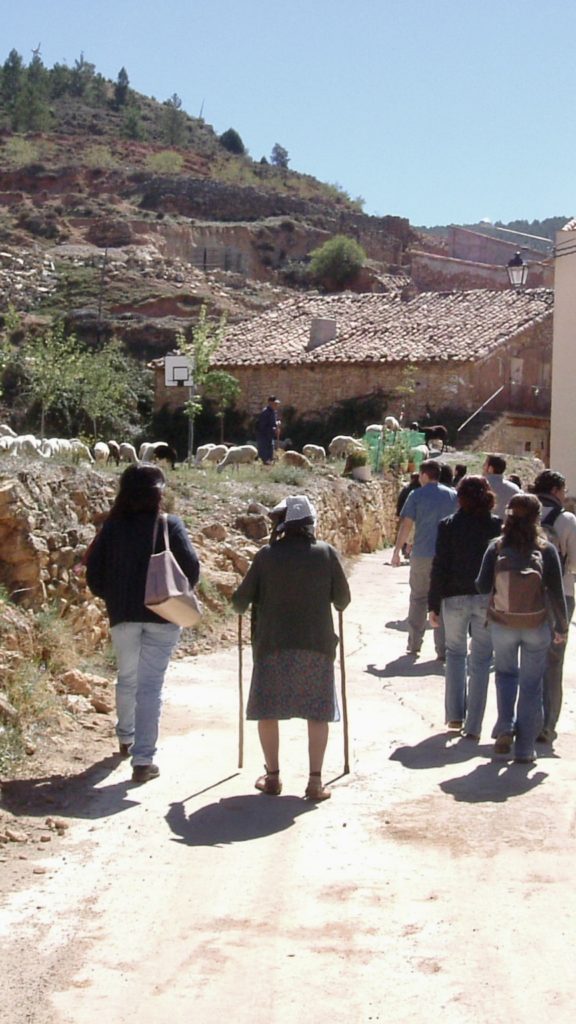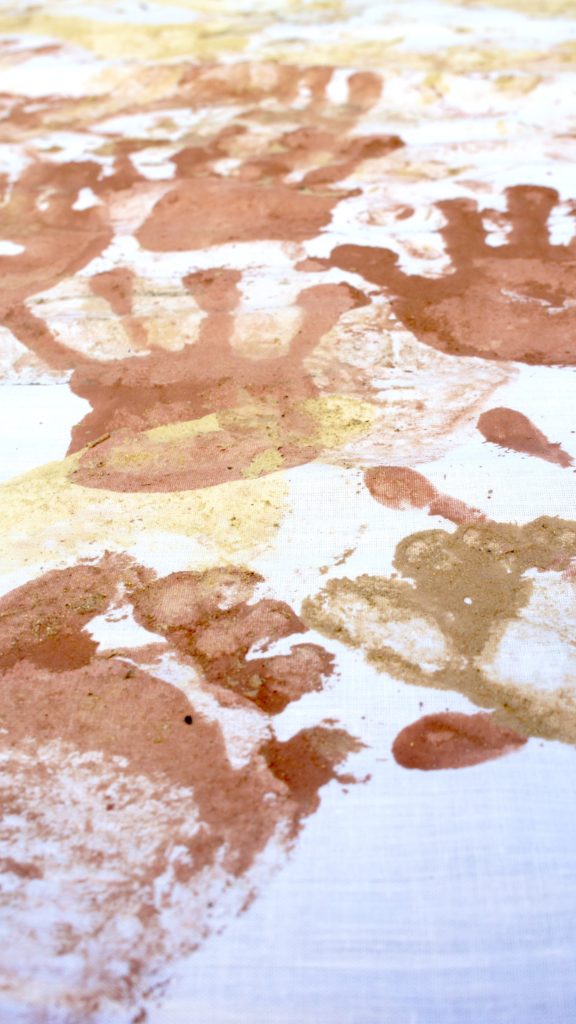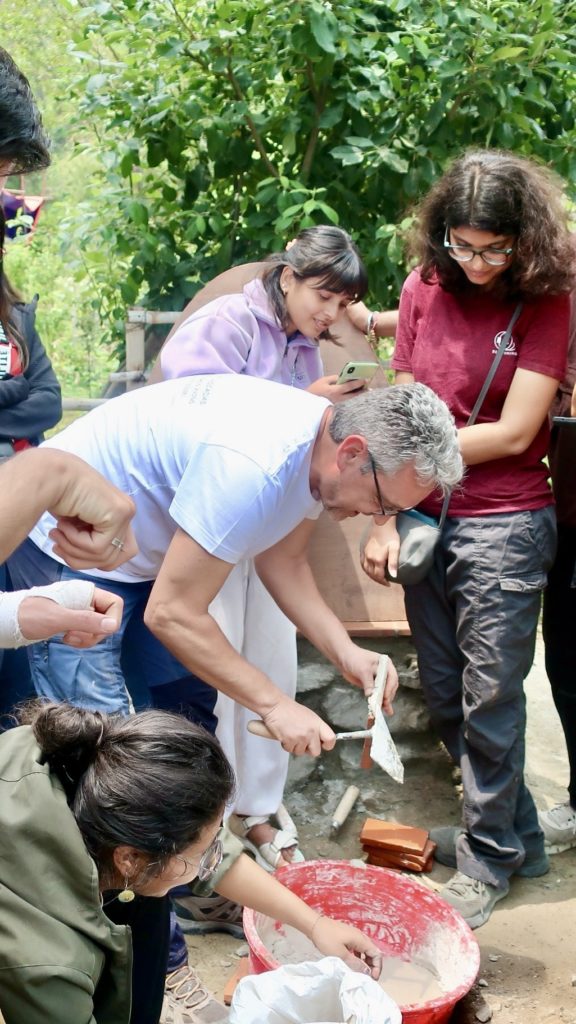Aims of the project
General aims
-
To promote, strengthen and expand international and transcultural relations taking advantage of the network established in the course of the project VerSus: Lessons from Vernacular Heritage in Sustainable Architecture through dynamic, innovative and creative actions, as well as to promote international cooperation between experts and institutions of different nationalities working in the fields of sustainable and vernacular heritage, in order to encourage an EU-wide intercultural dialogue and a more generalized acknowledgement of their international studies, careers and activities
-
To apply knowledge from the fundamental lessons and principles of vernacular heritage to improve the recognition of vernacular habitats through the awareness of their values and qualities, focusing on both the heritage aspect and on what they offer in terms of sustainability and know-how for the development of future society and a more sustainable architecture
-
To disseminate the principles, techniques, and solutions of vernacular heritage in European society, so that they can be adapted to respond to the real needs of European societies in terms of culture, identity, quality of life and environment.
Specific aims
-
To create a multidisciplinary study methodology which permits the analysis of the state of vernacular heritage and its potential in a limited geographical setting taking into account tangible and intangible aspects, cultural and social expectations, administration and management problems.
-
To develop didactic creative activities which allow the principles and lessons from vernacular heritage to be transmitted to a wide heterogeneous audience using different strategies and tools.
-
To strengthen the role of local artists, craftspeople and companies awarding them control of traditional constructive materials and techniques in contemporary society and making them key agents in the processes for the revitalization and innovation of local architecture.
-
To promote the study methodology, action strategies, activities developed and project results not only locally, regionally and nationally but also in Europe and worldwide through different media (presentations, talks, social networks, publications, etc.) so that the work carried out can be an example to be applied in other similar contexts in Europe and worldwide.



